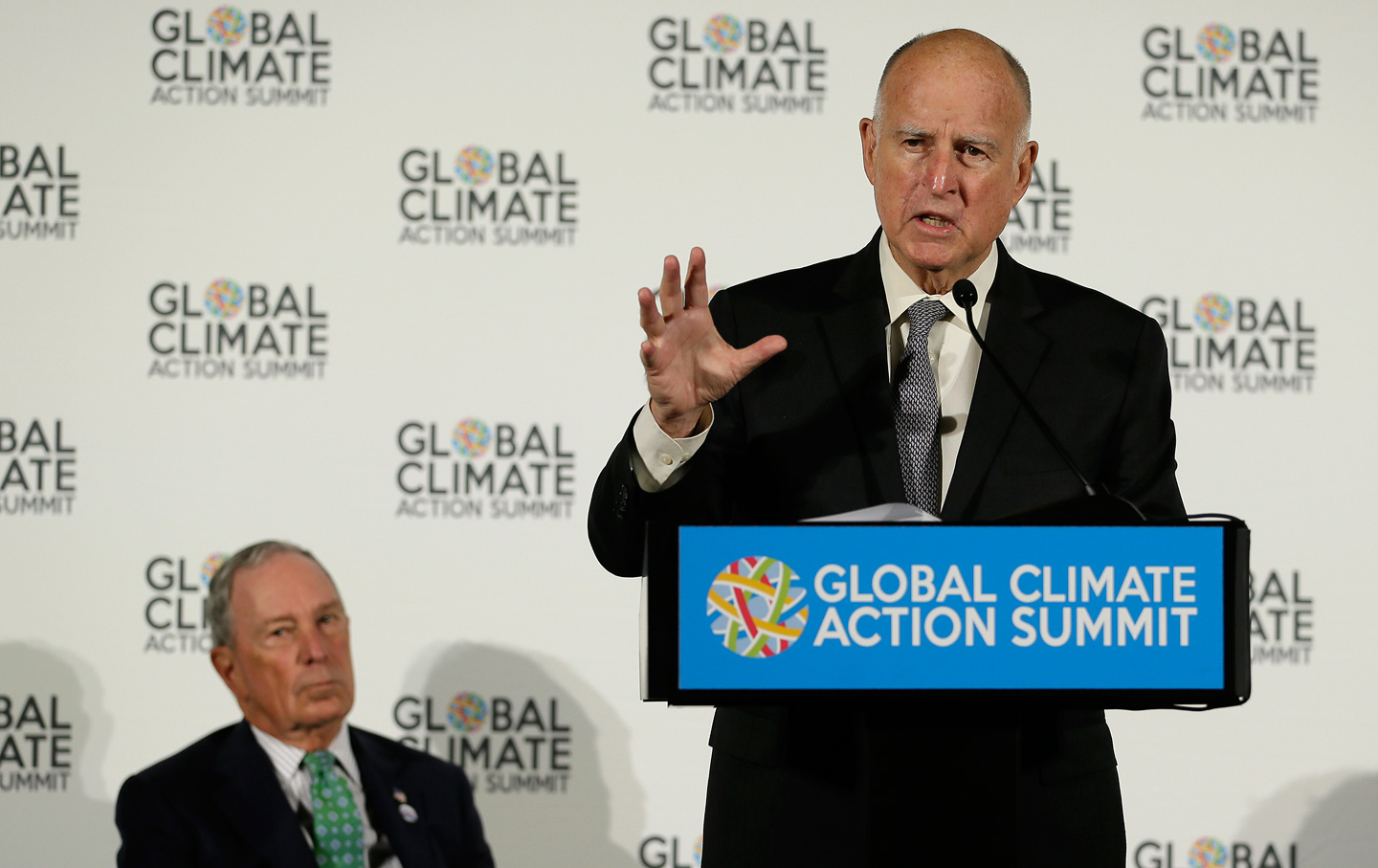
At the Global Climate Action Summit, Brown and Bloomberg Make Bold New Pledges At the Global Climate Action Summit, Brown and Bloomberg Make Bold New Pledges
The California governor denounced Trump as “a liar, a criminal, and a fool.”
Sep 13, 2018 / Mark Hertsgaard
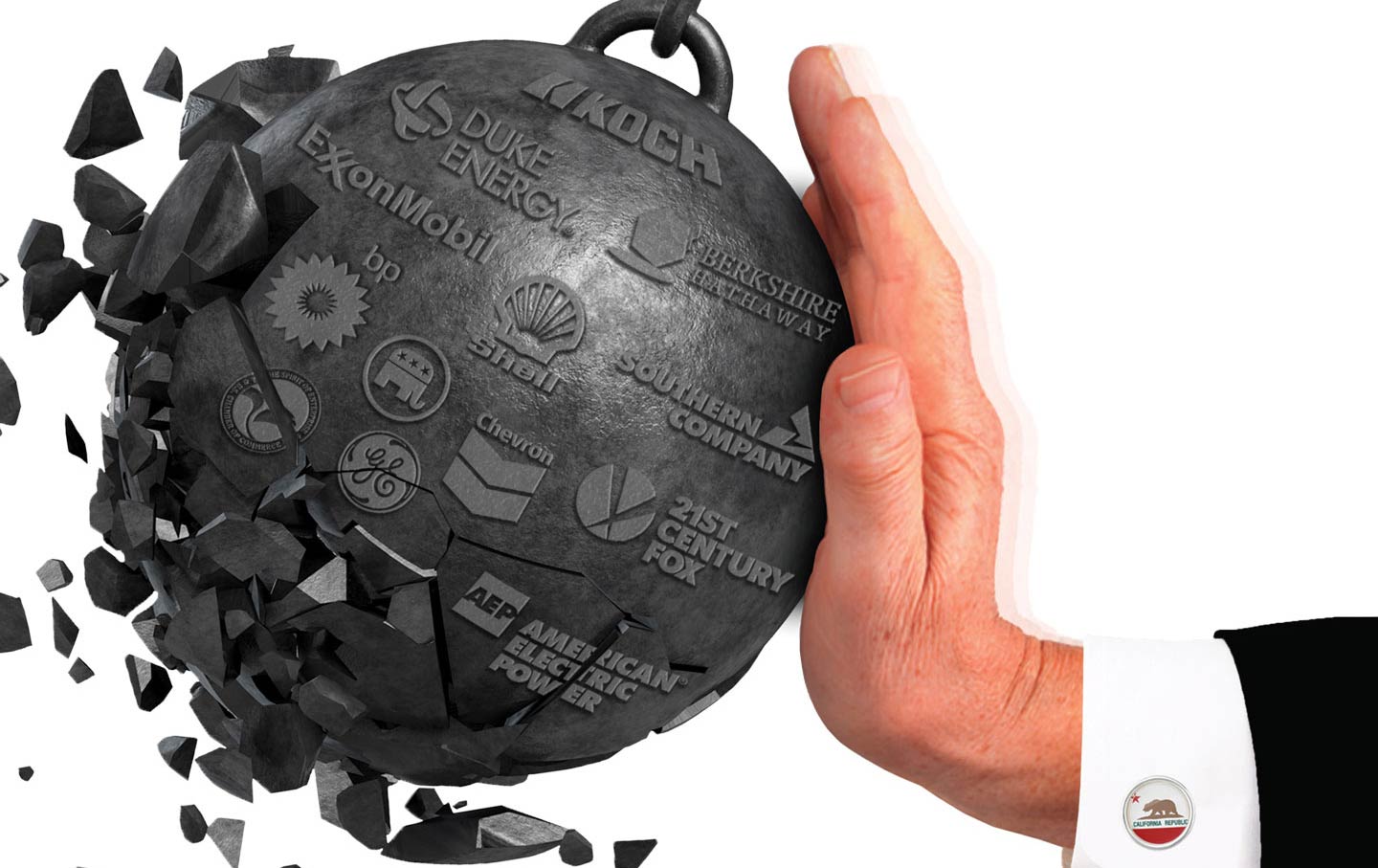
Jerry Brown vs. the Climate Wreckers: Is He Doing Enough? Jerry Brown vs. the Climate Wreckers: Is He Doing Enough?
The California governor has led the nation in reducing emissions, but activists say he won’t take the next step: leaving fossil fuels in the ground.
Aug 29, 2018 / Feature / Mark Hertsgaard
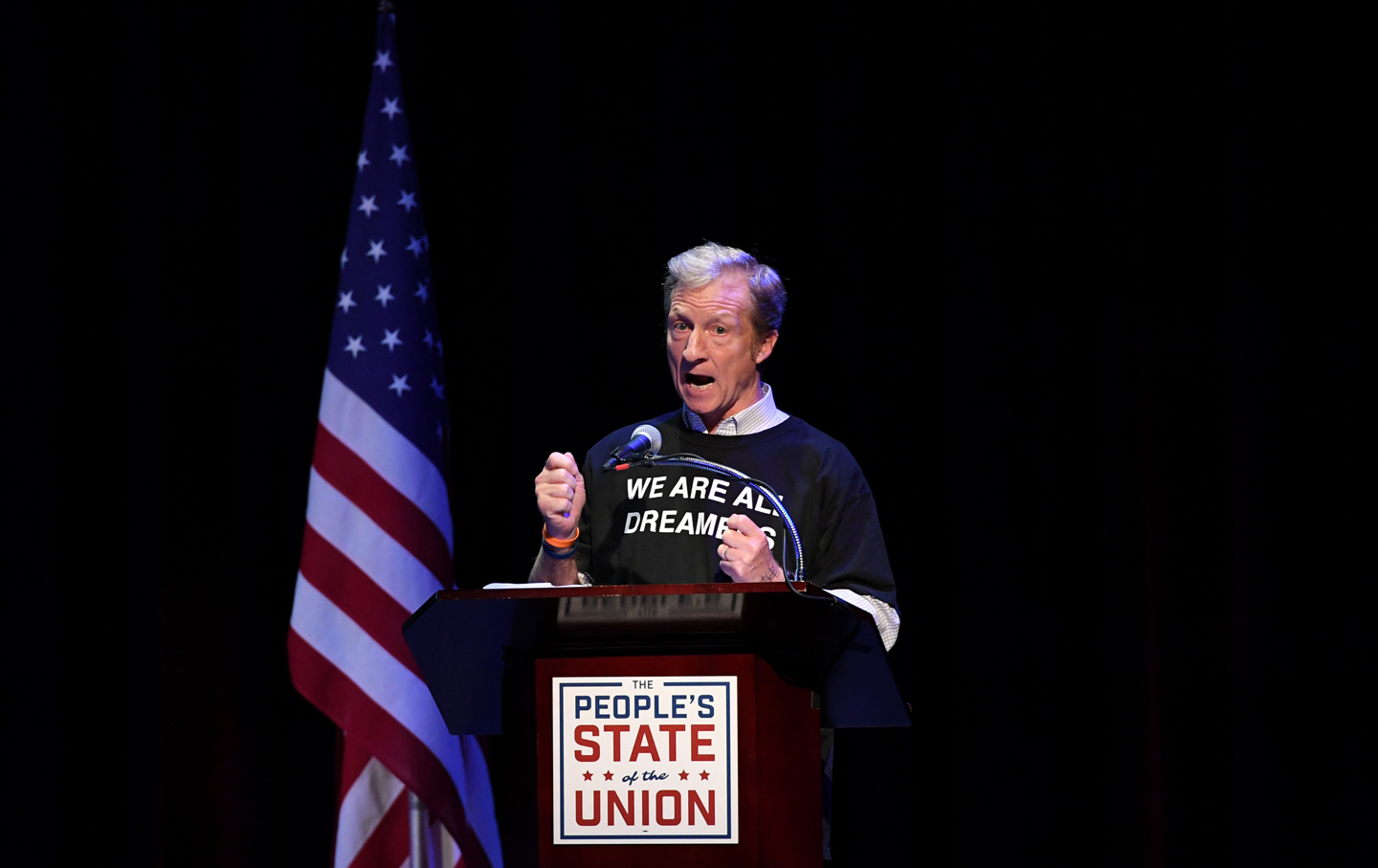
Tom Steyer’s $100 Million Bet Tom Steyer’s $100 Million Bet
The billionaire activist used to want to impeach Donald Trump for “high crimes and misdemeanors.” Now he’s running to replace him.
Jun 7, 2018 / Feature / Mark Hertsgaard
Letters From the May 21, 2018, Issue Letters From the May 21, 2018, Issue
Crossed wires… Painfully prescient … Misreading, misleading?…
Apr 26, 2018 / Our Readers, Mark Dowie, Mark Hertsgaard, and James Carden
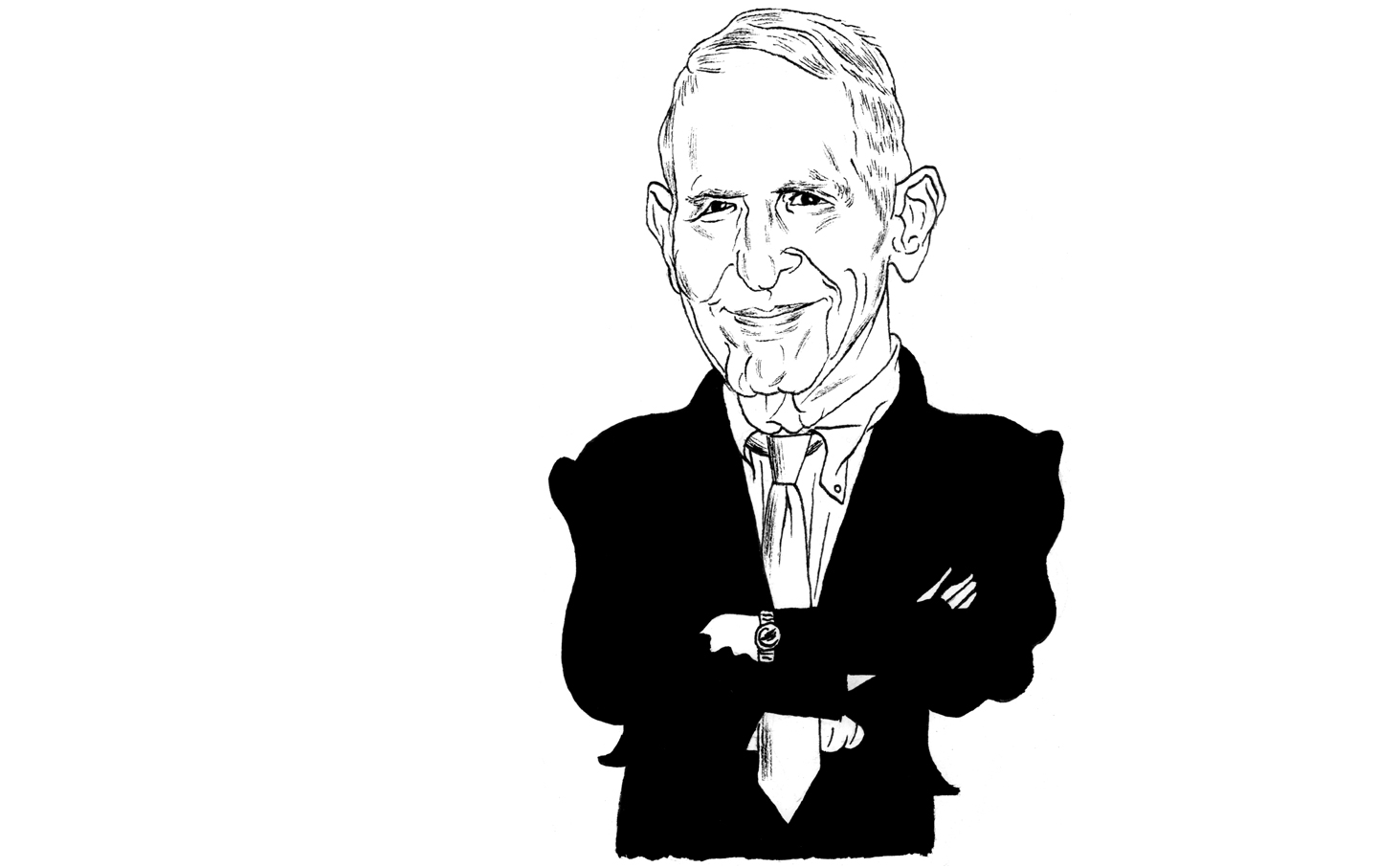
The Secret Daniel Ellsberg Really Worries About The Secret Daniel Ellsberg Really Worries About
The author and former military analyst tells The Nation that it’s still US policy to launch a first-strike nuclear attack.
Apr 20, 2018 / Q&A / Mark Hertsgaard

How Big Wireless Made Us Think That Cell Phones Are Safe: A Special Investigation How Big Wireless Made Us Think That Cell Phones Are Safe: A Special Investigation
The disinformation campaign—and massive radiation increase—behind the 5G rollout.
Mar 29, 2018 / Feature / Mark Hertsgaard and Mark Dowie
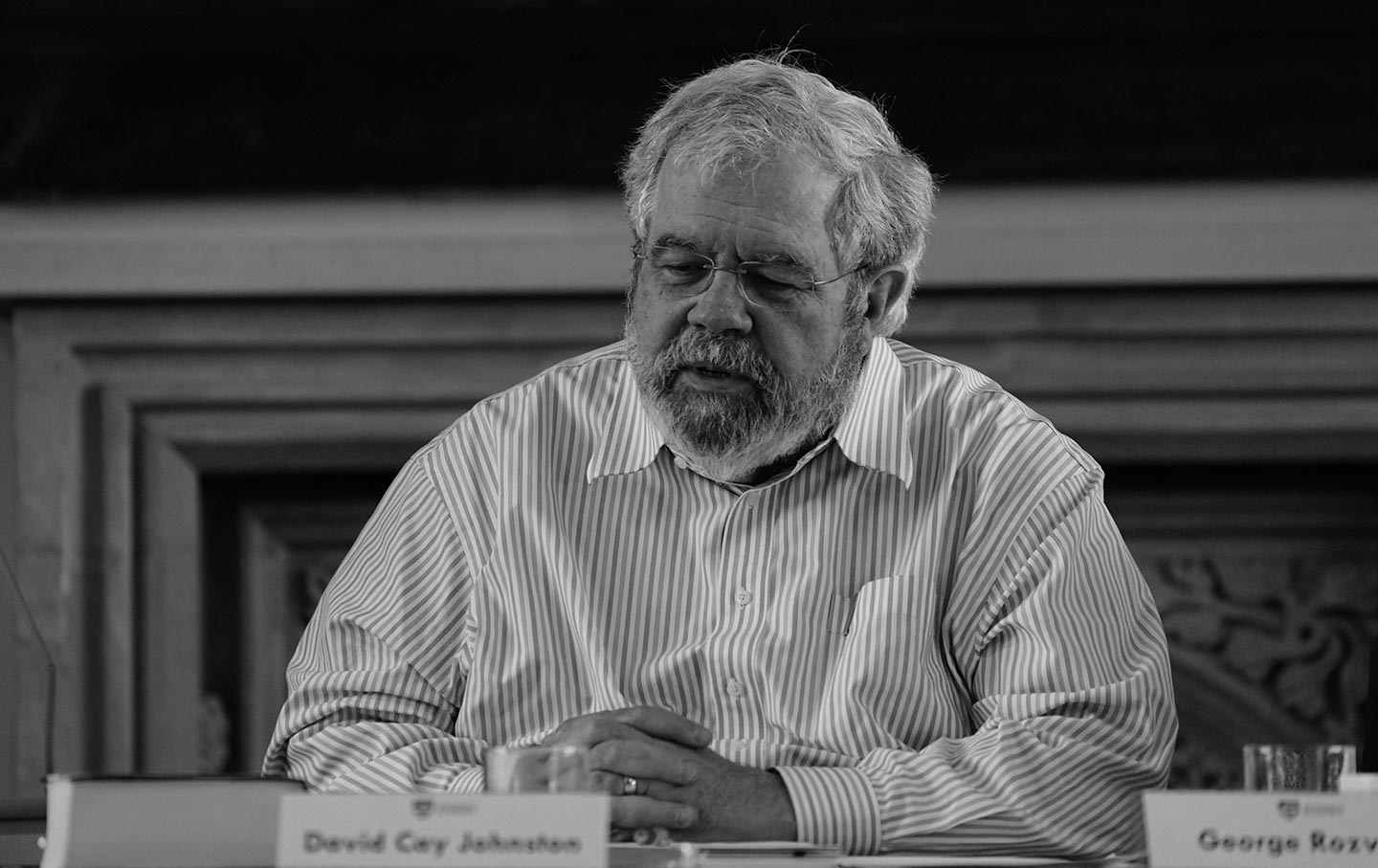
Donald Trump’s Favorite Drug Trafficker and Other Unsung Scandals of the Presidency From Hell Donald Trump’s Favorite Drug Trafficker and Other Unsung Scandals of the Presidency From Hell
A conversation with David Cay Johnston, who has investigated Trump’s shady dealings for decades.
Mar 13, 2018 / Mark Hertsgaard
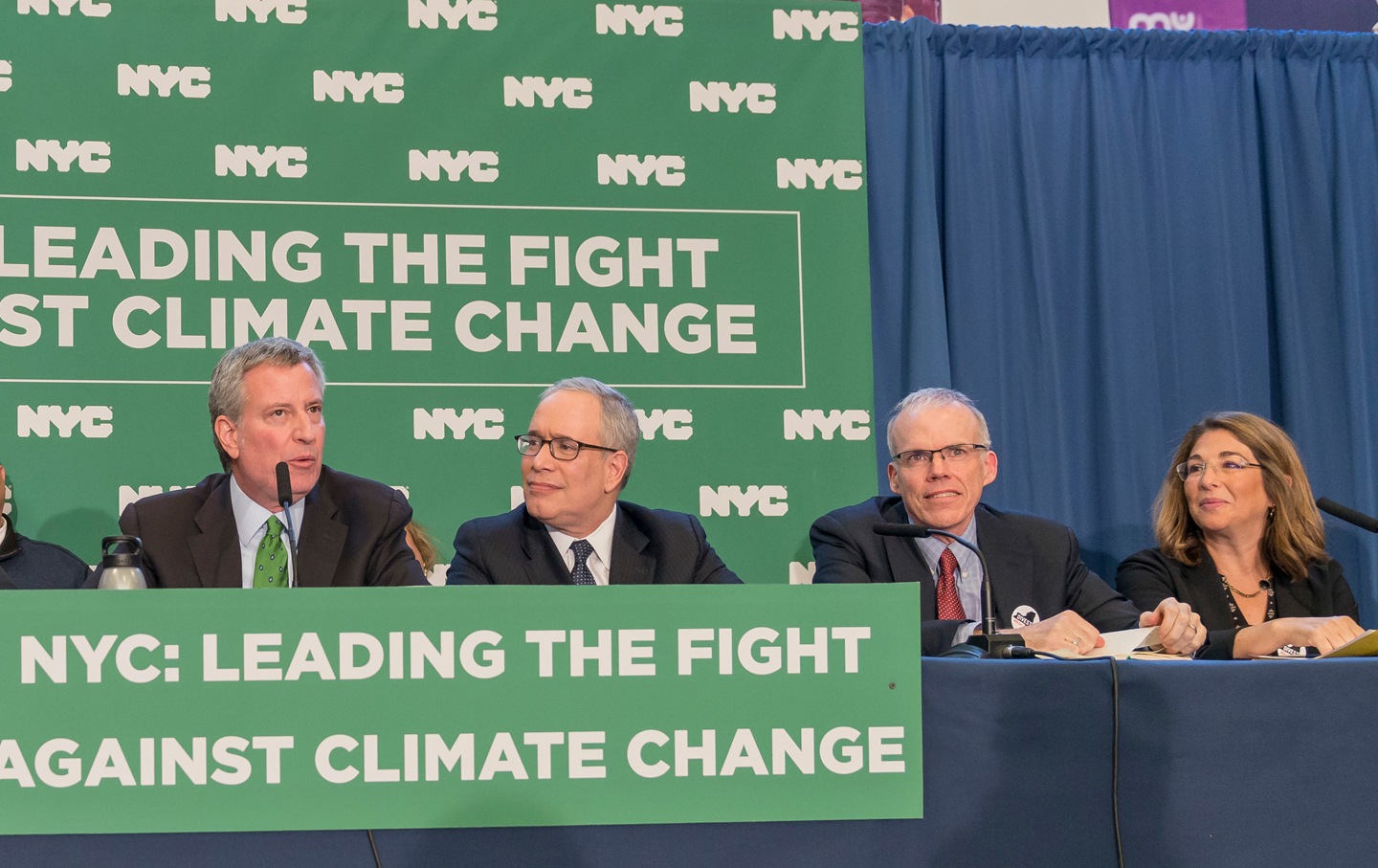
New York City vs. Big Oil New York City vs. Big Oil
Flanked by Nation contributors Naomi Klein and Bill McKibben, Bill de Blasio announced that New York City would divest from and sue fossil-fuel companies.
Jan 10, 2018 / Mark Hertsgaard
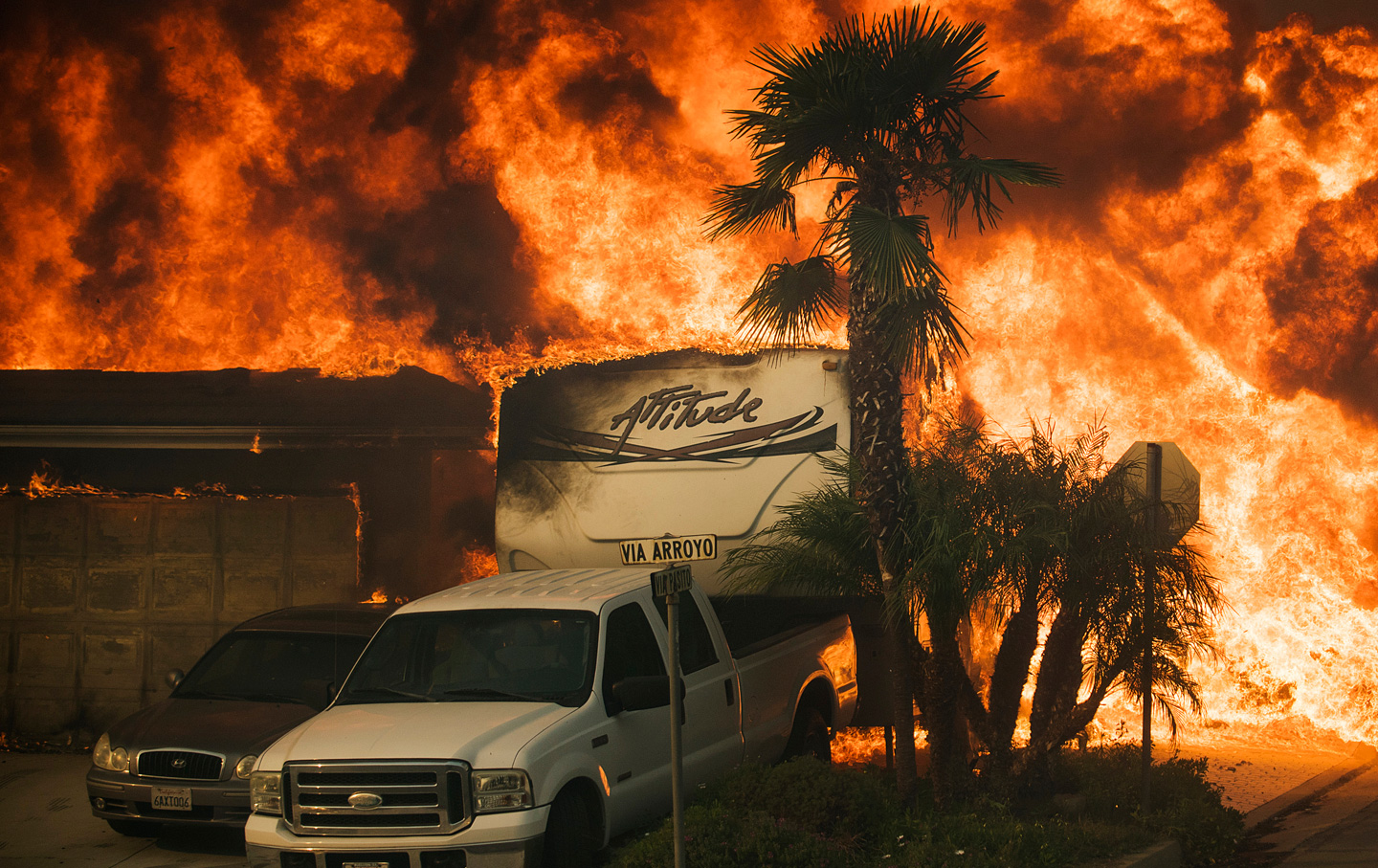
Donald Trump and Rupert Murdoch Have Set Our Future on Fire Donald Trump and Rupert Murdoch Have Set Our Future on Fire
The fires and storms ravaging the planet are only going to get worse, especially if we don’t end the power of climate deniers.
Dec 11, 2017 / Mark Hertsgaard
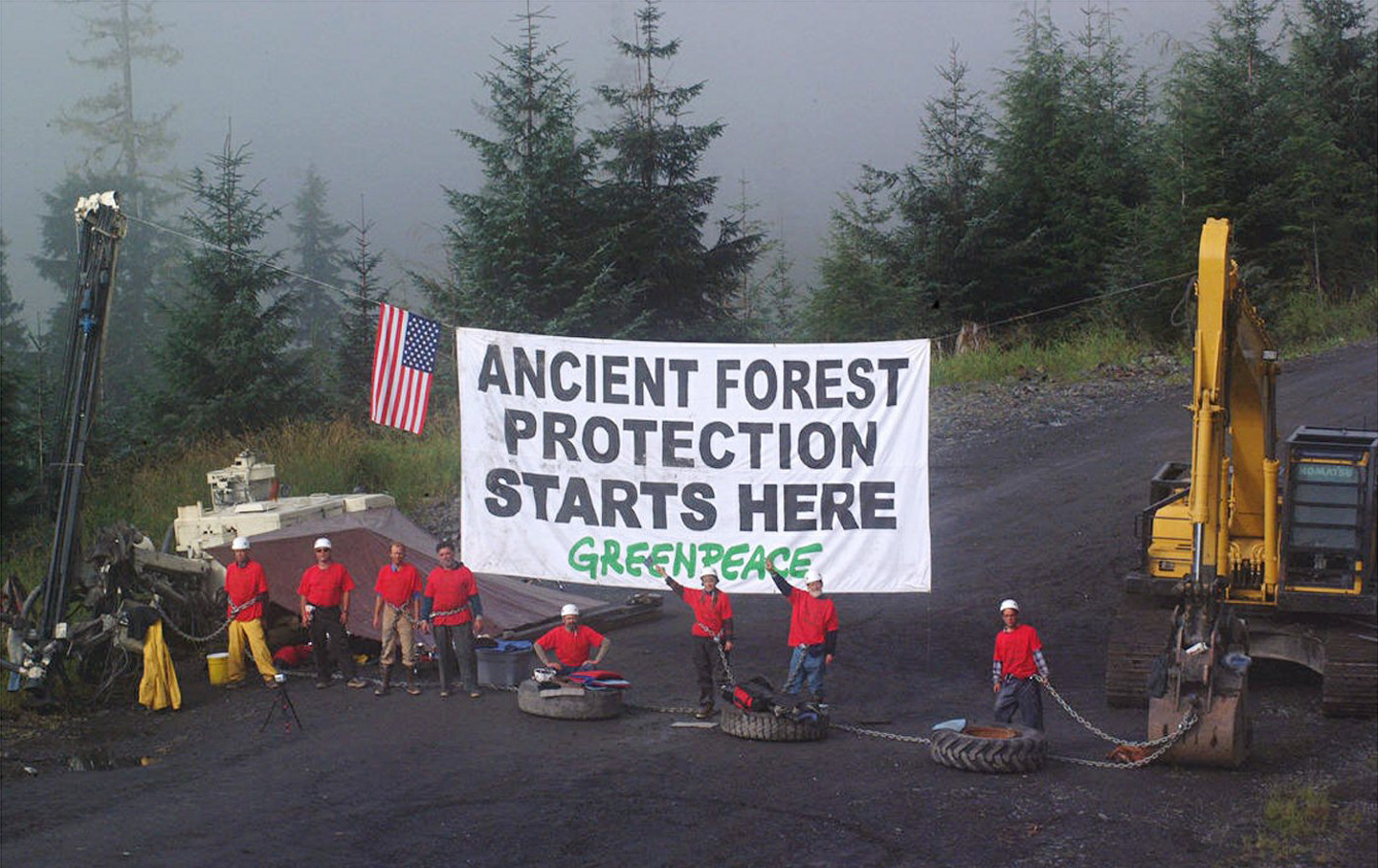
Greenpeace Beats Back a SLAPP Lawsuit—for Now Greenpeace Beats Back a SLAPP Lawsuit—for Now
It’s a victory for free speech and forests. But will it last?
Oct 25, 2017 / Mark Hertsgaard

